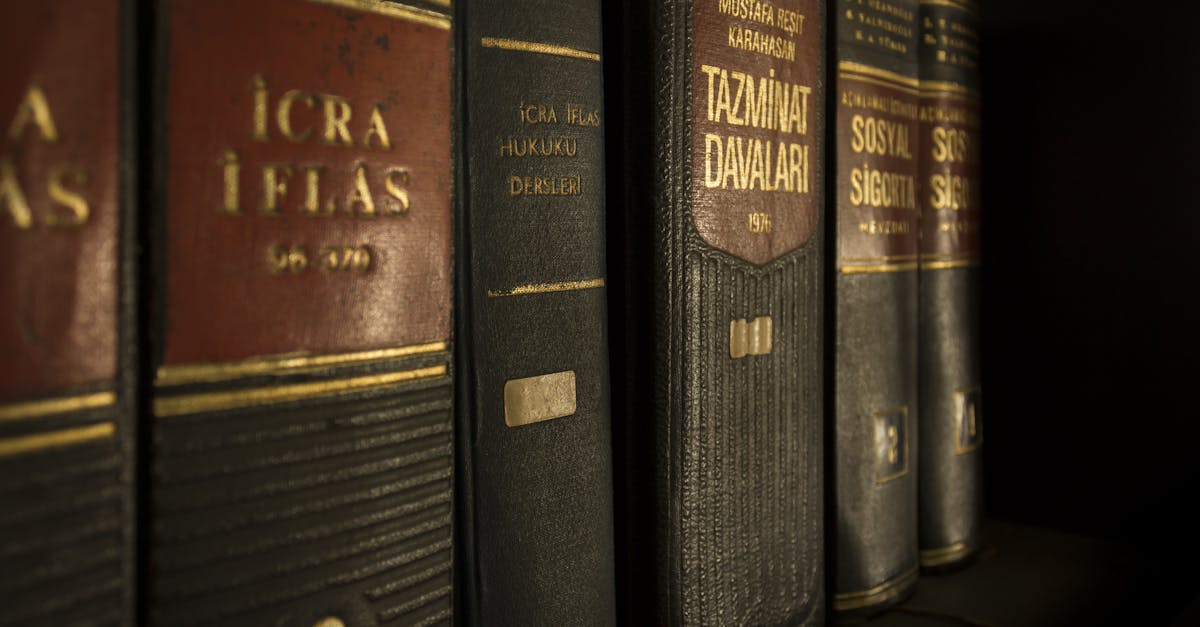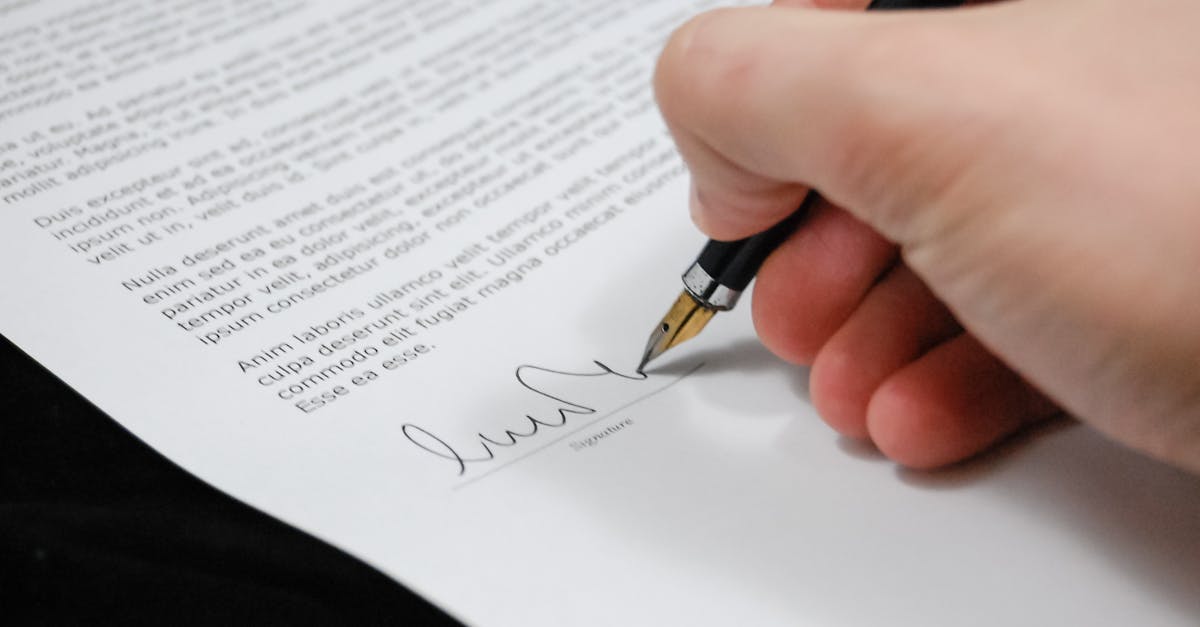
Reaching a Mutual Agreement
Negotiation of settlements in Phoenix, Arizona can be a complex process that involves a series of discussions between parties involved in a dispute. The ultimate goal is to reach a mutual agreement that is acceptable to all parties. This phase typically includes exploring various options, presenting offers and counteroffers, and working towards a middle ground that satisfies both sides. It is essential for each party to clearly articulate their positions, interests, and desired outcomes to facilitate productive negotiations. Effective communication and active listening are key components in reaching a settlement that is fair and equitable to all parties involved.
During the negotiation process, parties may need to compromise and make concessions to reach a mutually acceptable agreement. It is important to approach the negotiations with an open mind and willingness to explore different possibilities. By maintaining a cooperative and constructive attitude throughout the negotiation process, parties can increase the likelihood of reaching a settlement that addresses the underlying issues and concerns. Successful negotiation of settlements in Phoenix, Arizona requires patience, perseverance, and a commitment to finding common ground that aligns with the interests of all parties involved.
Finalizing the Settlement Terms
After reaching a mutual agreement in negotiations, the next step in the process involves finalizing the settlement terms. This stage is crucial as it solidifies the terms both parties have agreed upon. When finalizing the settlement terms, it is important to ensure that all aspects of the agreement are clearly outlined and agreed upon by both parties. This clarity helps in avoiding any misunderstandings or disputes that may arise in the future. Negotiation of settlements in Phoenix, Arizona, requires careful attention to detail to ensure that the terms are fair and comprehensive for all involved parties.
During the process of finalizing the settlement terms, it is imperative to review the entire agreement thoroughly. Each party should assess the document to confirm that all terms and conditions agreed upon during the negotiation phase are accurately reflected. Additionally, any potential ambiguities or discrepancies should be addressed and rectified before signing the final agreement. It is essential to ensure that the settlement terms are comprehensive, legally sound, and in alignment with the interests of all parties involved in the negotiation of settlements in Phoenix, Arizona.
Reviewing and Signing the Settlement Agreement
Reviewing and signing the settlement agreement marks a crucial step in the negotiation of settlements in Phoenix, Arizona. At this stage, it is imperative for all parties involved to carefully scrutinize the terms outlined in the agreement. With precision, each clause and condition should be meticulously reviewed to ensure clarity and alignment with the intended terms discussed throughout the negotiation process. Scrutinizing the settlement agreement underscores the importance of verifying that all parties are in concurrence with the final terms and that there are no ambiguous or misleading statements that could potentially lead to discord in the future.
Once all parties have thoroughly reviewed the settlement agreement, it is essential for each participant to affix their signature to officially endorse the terms outlined. By signing the document, all parties commit to upholding their end of the negotiated settlement, thus solidifying the mutual agreement reached. Signifying approval through signatures not only signifies goodwill and commitment but also serves as a legally binding confirmation of the terms agreed upon during the negotiation process.
Key Points to Verify Before Signing
Key Points to Verify Before Signing
Negotiation of settlements in Arizona mandates careful consideration of crucial points before finalizing a settlement agreement. Firstly, it is imperative to meticulously review the financial terms outlined in the agreement. Ensure that all monetary figures are accurate, and that there are no hidden fees or unforeseen costs. Additionally, scrutinize the payment schedule to confirm that it aligns with the agreed-upon terms and that there are no discrepancies in the payment amounts or timelines.
Next, it is essential to thoroughly examine the scope of the settlement agreement. Verify that all pertinent details regarding the resolution of the dispute are clearly stated, including any provisions for future disputes or contingencies. Ensure that the language used is unambiguous and that there are no loopholes that could potentially compromise the agreed-upon terms. By diligently verifying these key points before signing the settlement agreement, parties involved in the negotiation of settlements in Arizona can safeguard their interests and ensure a successful resolution to their dispute.
PostNegotiation FollowUp
Once the negotiation of settlements in Phoenix, Arizona has been successfully concluded and the settlement agreement signed by all parties involved, it is crucial to establish a post-negotiation follow-up plan. In this phase, it is important to ensure that all parties adhere to the terms outlined in the settlement agreement. Regular communication among the parties can help address any potential issues that may arise and facilitate a smooth execution of the settlement terms.
Additionally, it is advisable to document all post-negotiation communication and ensure that any changes or modifications to the settlement agreement are agreed upon by all parties involved. This documentation can serve as a reference point in case of any misunderstandings or disputes that may arise in the future. Furthermore, parties should continue to uphold their end of the agreement and promptly address any issues that may hinder the successful implementation of the settlement terms.
Ensuring Compliance and Enforcement
Ensuring Compliance and Enforcement
After the negotiation of settlements in Phoenix, Arizona, it is vital to establish a robust plan to ensure that all parties adhere to the agreed terms. This includes implementing mechanisms to monitor and enforce compliance with the settlement agreement. One way to do this is to stipulate clear consequences for any violations of the agreement, thus incentivizing compliance.
Moreover, regular follow-ups and reviews should be scheduled to assess the ongoing compliance of all parties involved. This proactive approach helps to address any potential issues promptly and reinforces the importance of upholding the terms of the settlement agreement. By prioritizing compliance and enforcement measures, the integrity of the negotiated settlement is maintained, fostering a sense of trust and respect among the parties.
FAQS
Can I negotiate the settlement amount with the other party?
Yes, you can negotiate the settlement amount with the other party to reach a mutually agreeable resolution.
How do I start the negotiation process for a settlement amount?
Begin by discussing your proposed settlement amount with the other party or their representative to initiate the negotiation process.
What factors should I consider when negotiating a settlement amount?
Factors to consider when negotiating a settlement amount include the strengths and weaknesses of your case, the potential costs of litigation, and the desired outcome for both parties.
Is it possible to adjust the settlement amount during the negotiation process?
Yes, the settlement amount can be adjusted during the negotiation process as both parties work towards reaching a fair and acceptable resolution.
What happens if both parties cannot agree on a settlement amount?
If both parties cannot agree on a settlement amount, alternative dispute resolution methods or litigation may be necessary to resolve the dispute.







